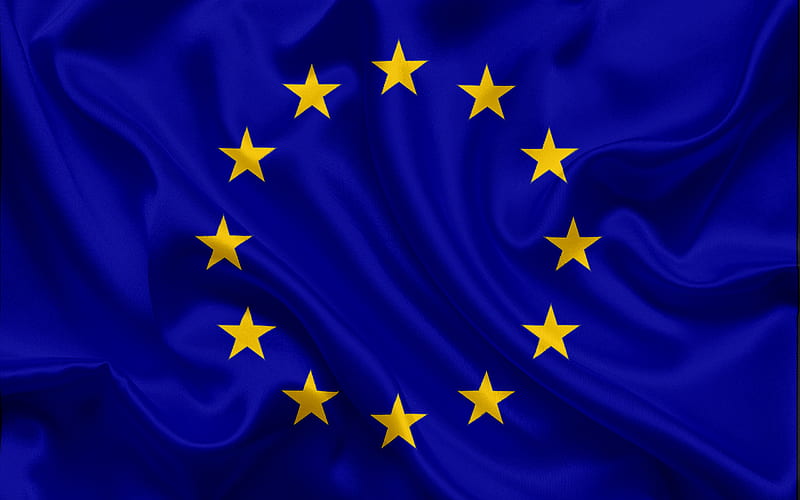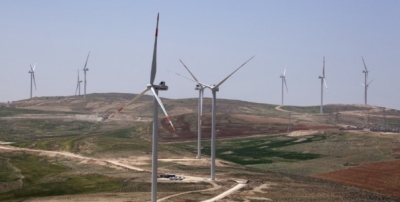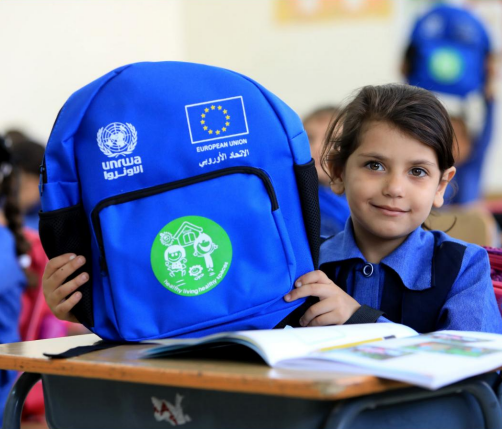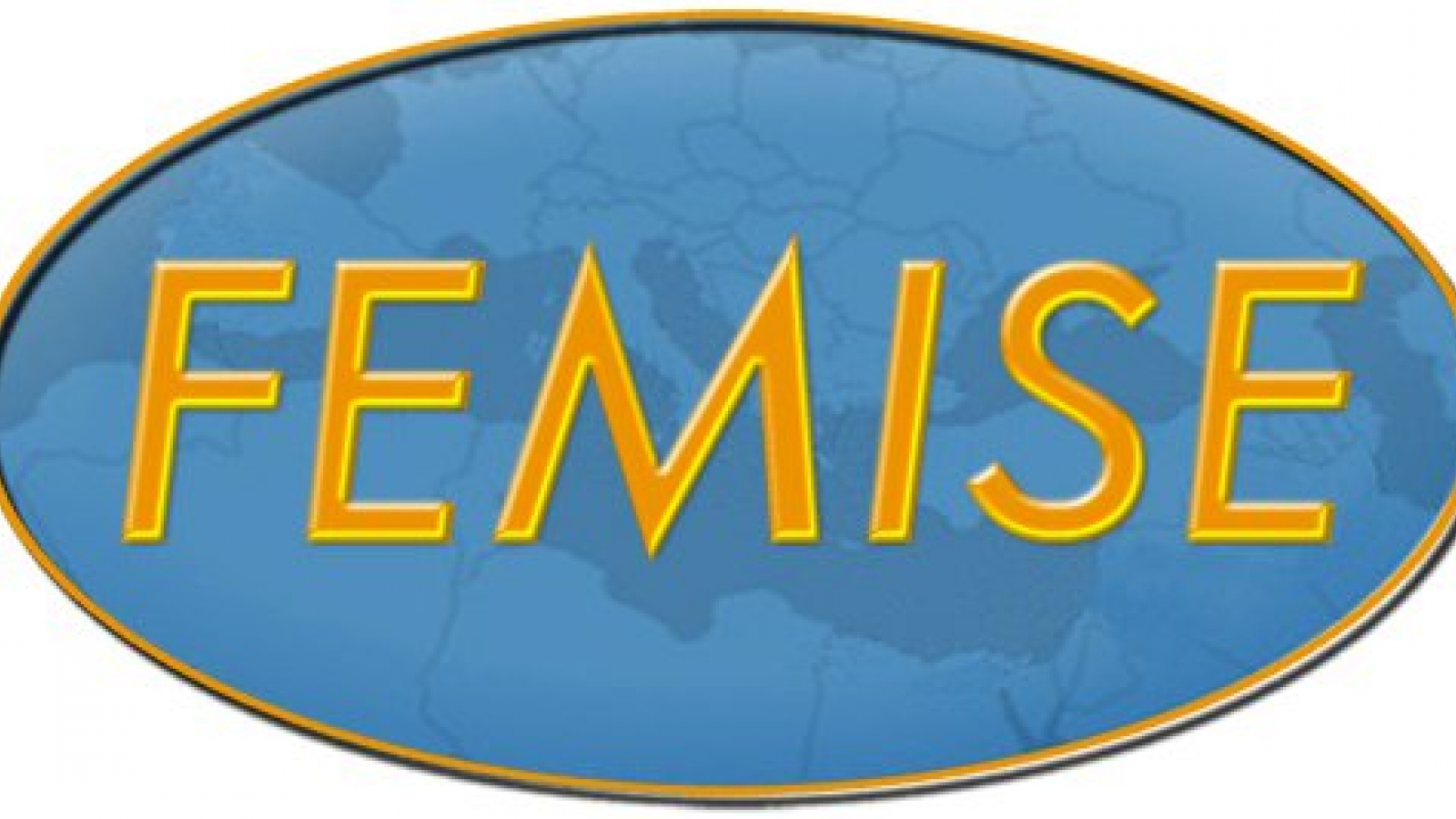Lebanon/UNIFIL: Speech by High Representative/Vice-President Josep Borrell

“Lebanon is a fragile country gravely weakened by multiple crises, and at the risk of being further destabilised by Israeli operations which would also have wider repercussions on the region and beyond. The civilian population of Lebanon is paying the highest price. The country is facing the most devastating conflict in a generation, with almost 2,500 people dead; 1 in 5 Lebanese displaced – and with 43% of the displaced being children. The lack of space in shelters, disrupted education, numerous attacks on healthcare facilities, increasing number of deaths among health and other relief workers, and the high risk of disease outbreak, are only some of the elements underlying the need for the immediate de-escalation of this conflict and the ceasefire.
[The United Nations Interim Force in Lebanon’s] (UNIFIL) stabilisation role is essential for Lebanon and for Israel, and this role will become even more critical in the perspective of a ceasefire. It is the responsibility of the United Nations Security Council to define the mandate of UNIFIL. According to UNSC resolution 1701, UNIFIL is supposed to be the only armed force, together with the Lebanese Armed Forces, to be deployed in the South of Lebanon.
The cooperation between UNIFIL and the Lebanese Armed Forces (LAF) has been remarkable so far. The European Union is committed to further empowering the Lebanese Armed Forces and to facilitating their cooperation with UNIFIL. To this aim, the Council of the European Union has recently approved a new assistance measure for the Lebanese Armed forces worth €15 million, under the European Peace Facility.
The European Union is equally committed to scaling up our humanitarian engagement in Lebanon. Humanitarian needs in Lebanon are huge and increasing by day. There is an imminent need for more humanitarian funding. For this reason, the European Union allocated an extra €10 million to Lebanon to address the most present needs of the conflict-affected populations, both injured and displaced – this includes the provision of health and shelter services. An additional €13 million for Lebanon are in the pipeline. This comes on top of the €64 million euros already allocated earlier this year. ”




























 Syria
Syria 



